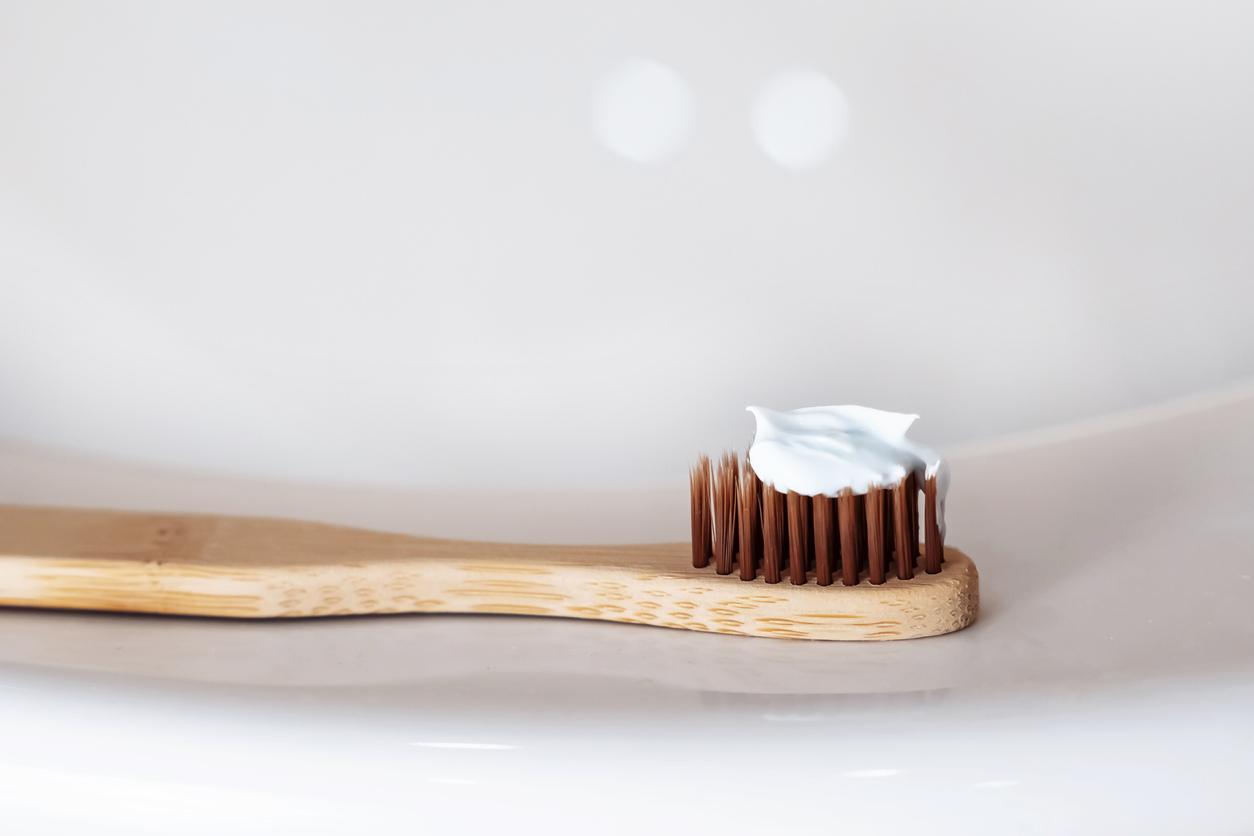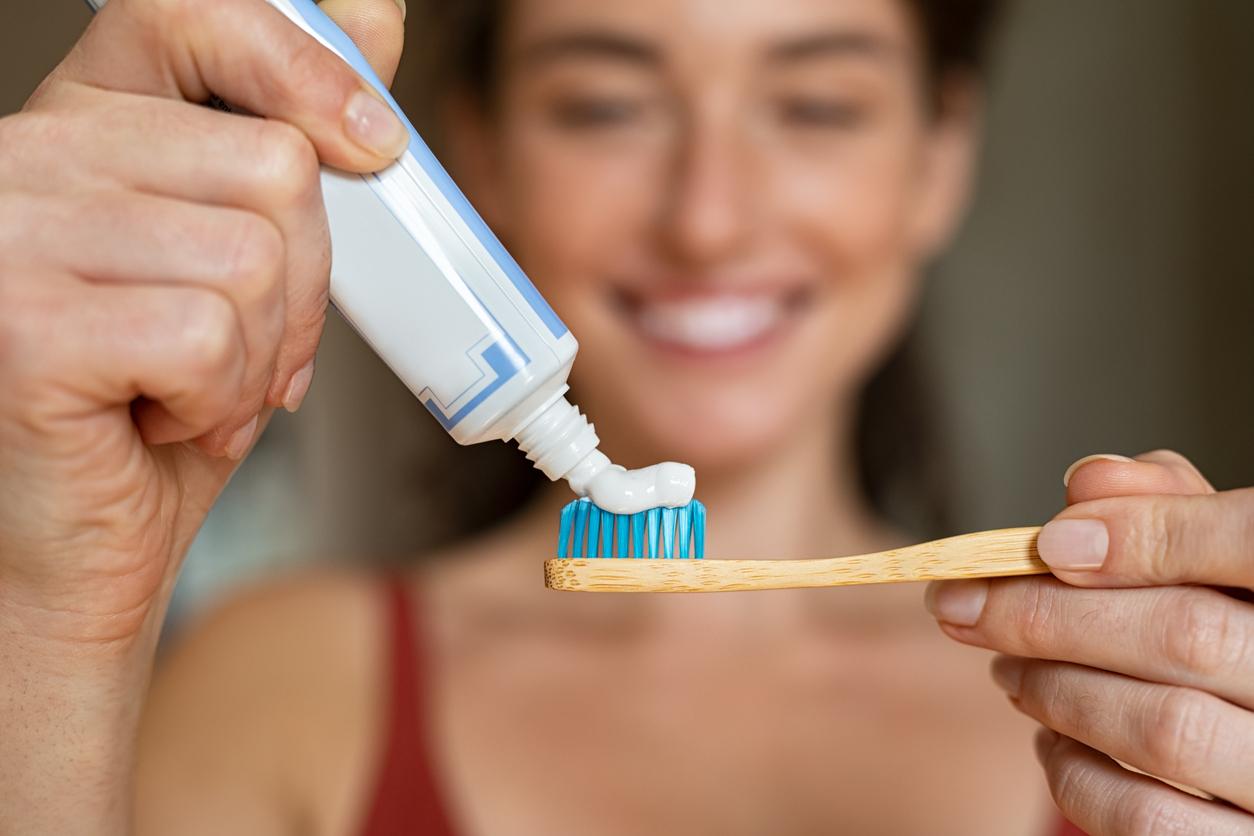The web is regularly invaded by articles or advertisements around charcoal toothpaste. Many influencers praise its merits. As for the followers of natural or “home” bleaching, they also advocate their use with fervor. But what is it in reality? Answers with Dr. Christophe Lequart, dental surgeon and spokesperson for the French Union for oral health.
The organic and health benefits of charcoal
On the shelves of supermarkets or specialty stores, it may not have escaped you that charcoal toothpastes held a place of choice. On their labels, one can find a number of very tempting claims and virtues. Among other things, they promise to whiten teeth. This corresponds to a growing demand from the population. Not only do we want a dazzling smile, but if possible with natural products. In fact, manufacturers have seized the niche to ride this wave.
Because coal is presented as such: a pure product. But this is nothing new. You have to go back to antiquity to see that it was used for its detoxifying properties among others. Today, it enters the composition of toothpastes to counteract the usual chemical ingredients such as titanium dioxide, or sulfates. It has the particularity of limiting its potentially harmful effects. Toothpastes that contain charcoal also claim a whitening effect.
Teeth whitening with charcoal toothpaste: the dentist’s opinion
“The color of the teeth varies according to the individuals and according to the ages. We can have naturally white teeth, ivory color, or sometimes more gray or yellow. This is what is called internal coloring, which is specific to us, like the color of our eyes. As we age or depending on the consumption of certain foods or drinks such as tea, coffee, wine, stains may appear, and change the tint. This phenomenon is called external coloring…“, specifies Dr. Lequart.
Charcoal toothpaste can only have an effect on this type of coloring by erasing stains. But it will not act on the original color. “It can only have an effect on the surface of the enamel. However, caution is still required because the grains of coal are imposing in terms of size. This can have an abrasive effect on the enamel. However, it does not don’t push back!”, warns the dentist.
Among the criteria for choosing a good toothpaste, abrasiveness must absolutely be taken into account by the consumer. This indication is expressed by what is called the RDA or relative dentin abrasivity). It allows you to know if the product is not too aggressive for the enamel or the dentin. “The problem is that it is not mentioned on the labels. Consumers cannot have this information. So there are many toothpastes, in particular with charcoal, present on the market and of which it is not known whether they attack the teeth”, regrets the specialist.
Certainly all toothpastes are more or less abrasive to properly remove dental plaque. It is estimated that the abrasiveness rate fluctuates between 70 and 120. But in charcoal toothpastes, we do not know what the size of the charcoal particles is, in addition to not knowing the RDA.
So beware of this type of product. They will not lighten your teeth. At best, they will remove surface stains. If you want to use them, avoid daily use. Twice a week is more than enough. But instead of taking risks for your tooth enamel, ask your dentist for information about in-office whitening. This will limit the risk of damaging your teeth by wearing down their enamel.
Read also:
- 4 gestures to take care of your smile
- Dental hygiene: are you doing too much or not enough?
- How to take care of your tongue?
- Fatigue: what if it came from your teeth?

















